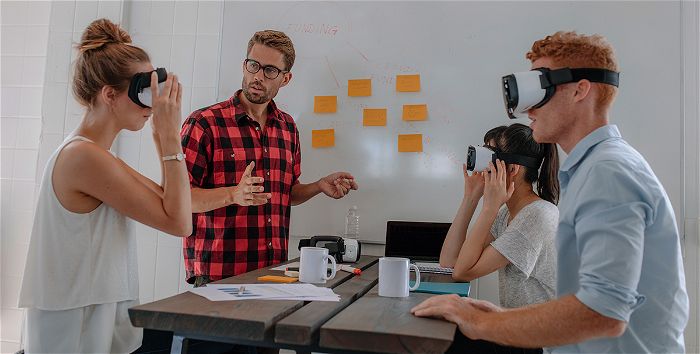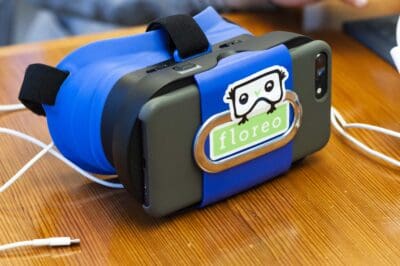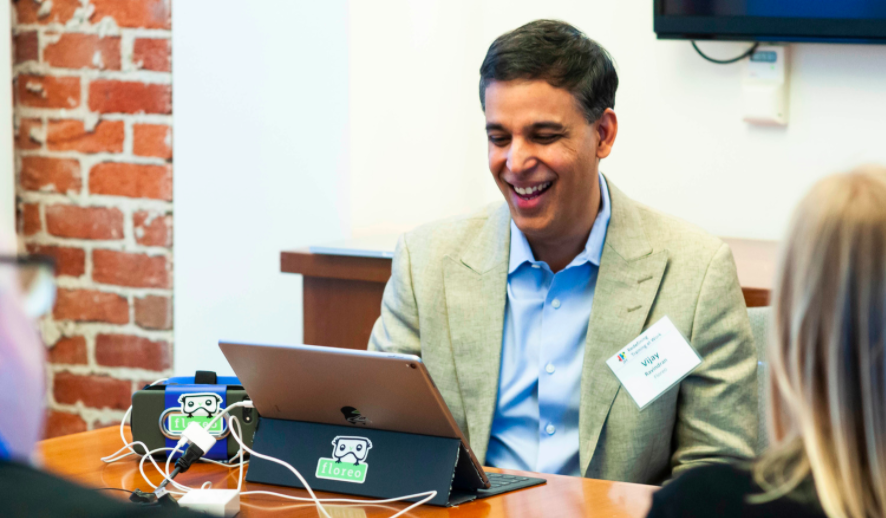While there is significant potential for immersive learning in training frontline, entry-level, and middle-skill workers, dramatic adoption of the technology is occurring across a variety of industries, including highly specialized fields in health care and education. For example, for neuro-diverse learners, immersive learning is a game-changer.
3.5M Adults and 1.5M young people live with autism in the US. Total under-employment for this population is over 90%, meanwhile roughly 80% with ASD are capable of learning skills that would increase their ability to be employed.
Corporate talent leaders who take on strategies for employing neuro-diverse learners, like Goldman Sachs for example, and educators who support people with autism spectrum disorder (ASD) now have an array of tools to choose from. Yet, many of those products haven’t been vetted in clinical studies. Research shows intensive behavioral interventions using technology can improve long-term outcomes for people with ASD, but such treatments are expensive and often not administered consistently. Immersive learning systems like Floreo’s are more cost-effective and can be delivered at scale.
In a story published on Medium, JFFLabs identified Floreo as a leader in developing immersive technologies for neuro-diverse learners. They have built a VR platform for teaching social and life skills to individuals with ASD. Schools, therapy practices, and parents are using Floreo’s growing library of lessons, backed by collaborative science-based studies from medical institutions including the Center for Autism Research at Children’s Hospital of Philadelphia and the National Institutes of Health.




